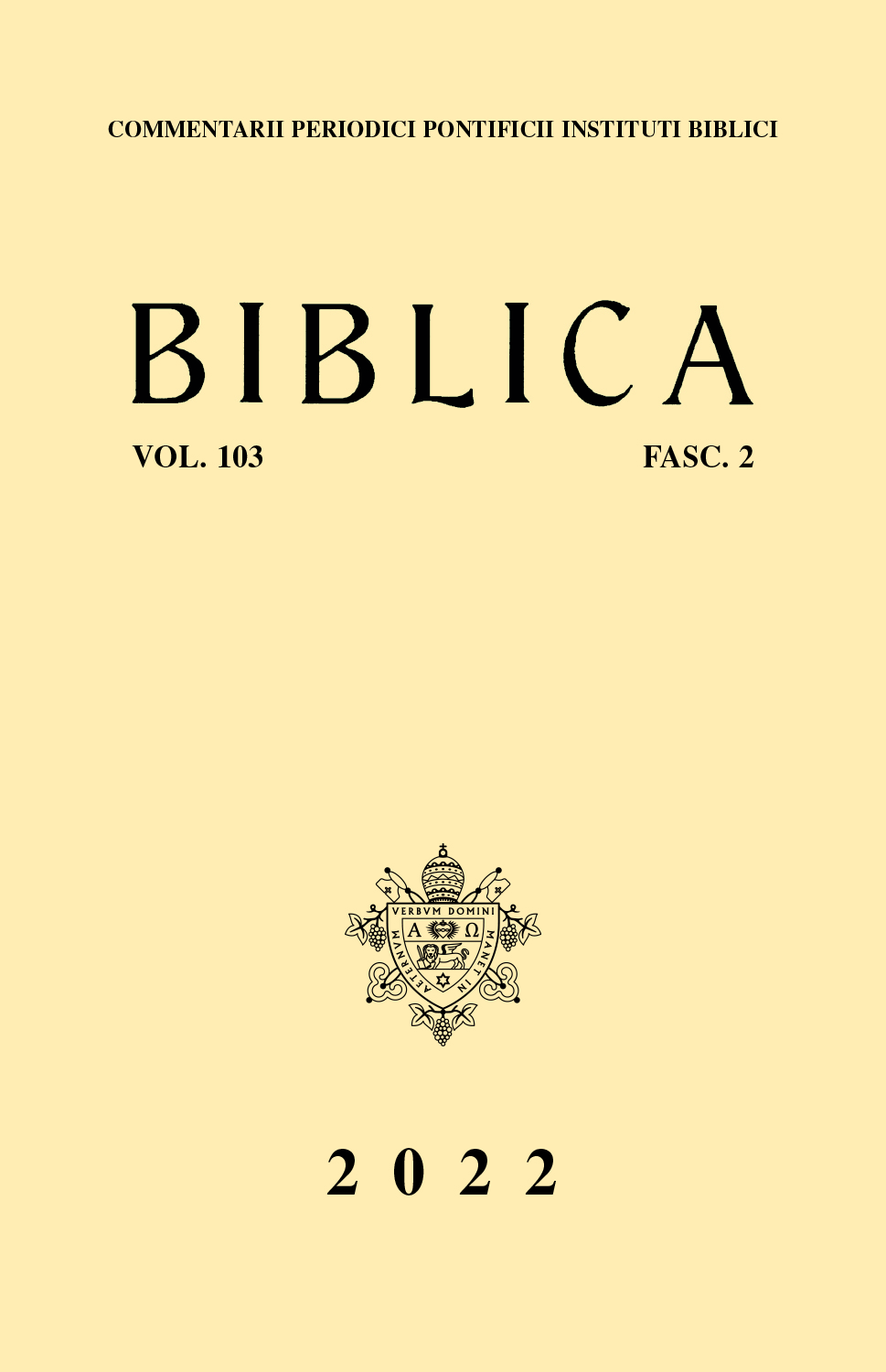 previous article in this issue previous article in this issue | next article in this issue  |

Preview first page |
Document Details : Title: Autobiografische Wir- und Er-Stellen in den neutestamentlichen Geschichtsbüchern im Kontext der antiken Literaturgeschichte Author(s): BAUM, Armin D. Journal: Biblica Volume: 88 Issue: 4 Date: 2007 Pages: 473-495 DOI: 10.2143/BIB.88.4.3189014 Abstract : Read against the background of ancient literary practice (in Near Eastern and Greco-Roman historiography), the 'we' passages in the Acts of the Apostles (in Acts 13-28) and the statements about the beloved disciple in the Fourth Gospel (Joh 13,23; 19,26; 20,2; 21,7.20) should probably be interpreted as autobiographical remarks. Yet, unlike Greek and Roman historians the New Testament narrators wrote their books, including these autobiographical passages, anonymously. They appear to have done so because they wanted to claim personal presence at a few crucial points in the narrated history while at the same time intending to remain as invisible as possible. For the author of Acts the use of the first Person Plural provided the best opportunity to conceal his name without disappearing completely from his narrative. The fourth Evangelist decided to hide behind the anonymous figure of the beloved disciple whom he introduced in the third person; had he used the first person he would have been much more visible throughout his whole book. |
|


